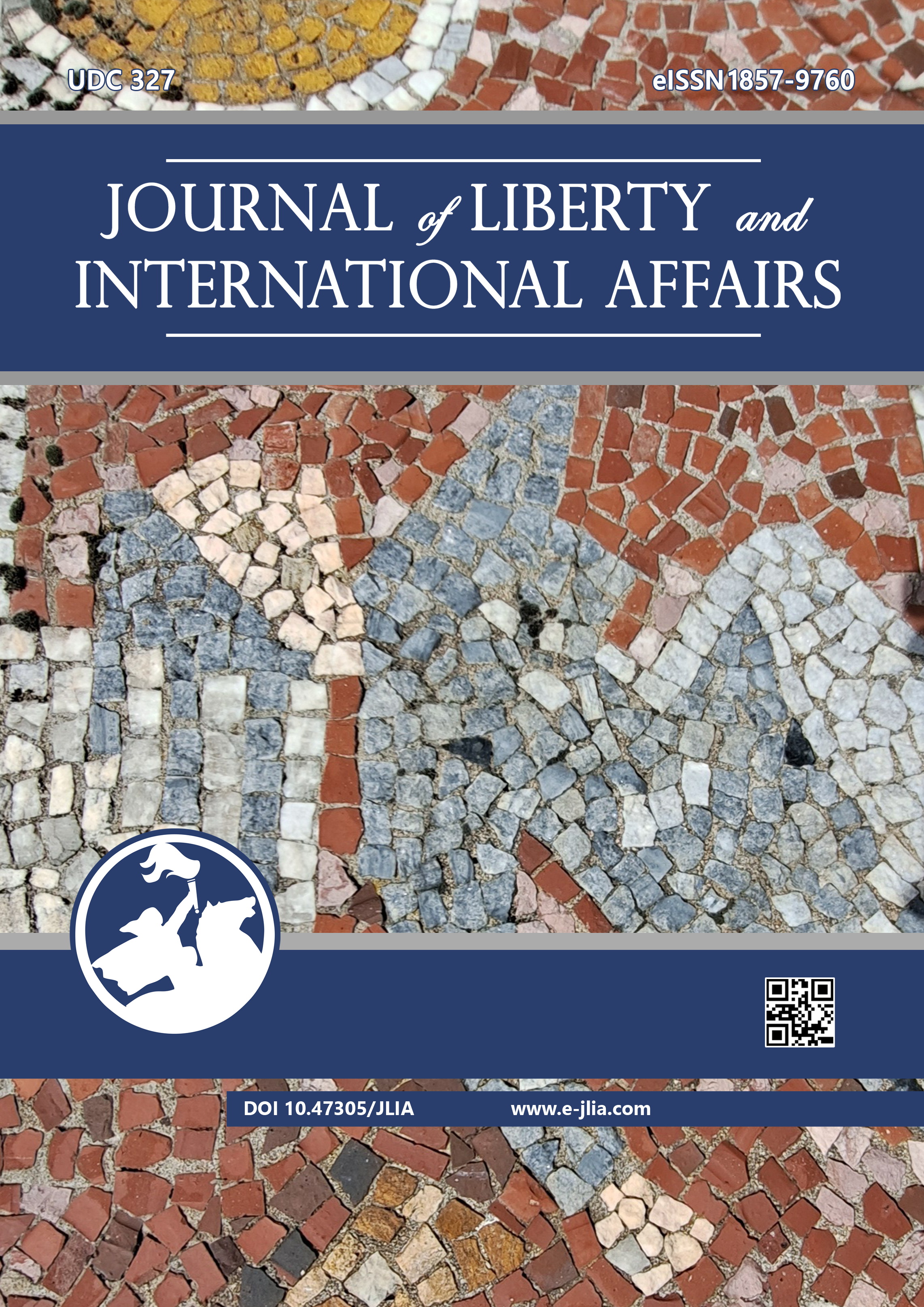GOOD GOVERNANCE AND RULE OF LAW EFFECT ON GDP GROWTH: LESSONS FOR EMERGING ECONOMIES
GOOD GOVERNANCE AND RULE OF LAW EFFECT ON GDP GROWTH: LESSONS FOR EMERGING ECONOMIES
Author(s): Esat A. Durguti, Avni H. Alidemaj, Anatolijs KrivinsSubject(s): Politics / Political Sciences, Politics, Economy, National Economy, Supranational / Global Economy, Political Theory, Political Sciences, Civil Society, Governance, Public Administration, Public Law, Economic policy, Government/Political systems, Welfare systems, Developing nations, Political economy, Politics and law, Politics and society, Methodology and research technology, Comparative politics, EU-Approach / EU-Accession / EU-Development, Public Finances, Fiscal Politics / Budgeting, Socio-Economic Research, Geopolitics, Corruption - Transparency - Anti-Corruption
Published by: Institute for Research and European Studies - Bitola
Keywords: GDP; Governance Parameters; Control of Corruption; Panel Data
Summary/Abstract: The overall aim of this article is to explore the effect of governance parameters on gross domestic product (GDP) in the 15 countries of the European Union (EU15) as well as the 6 countries of Southeast Europe (SEE6). The research employed the dynamic methodology generalized methods of moments (GMM) to explore the data gathered from the World Bank and the Global Economy database stretching 2000 - 2022, correspondingly 2008 - 2022. Our analyzed result for EU15 confirms that regulatory quality (RQ), government effectiveness (GE), and rule of law (RL) positively influence GDP; instead, control of corruption (CC) negatively influences GDP. The results obtained for SEE6 reveal that GE and CC positively influence GDP, but instead, the RL negatively influences GDP. Additionally, RQ in the SEE6 instance has shown an insignificant influence on GDP. Unfortunately, the study could not cover every country in both panel groups because of data limitations. Regarding the study’s conclusions, increased dedication to applying and undertaking reform measures for the key governance indicators for SEE6 countries would be helpful. These insights may raise the need to create specific mechanisms for the RL and CC. Compared to other research, the novelty and originality of the present research lies in the fact that it used panel data via the dynamic GMM approach to explore the role of improving government quality metrics in GDP.
Journal: Journal of Liberty and International Affairs
- Issue Year: 10/2024
- Issue No: 1
- Page Range: 37-60
- Page Count: 24
- Language: English

